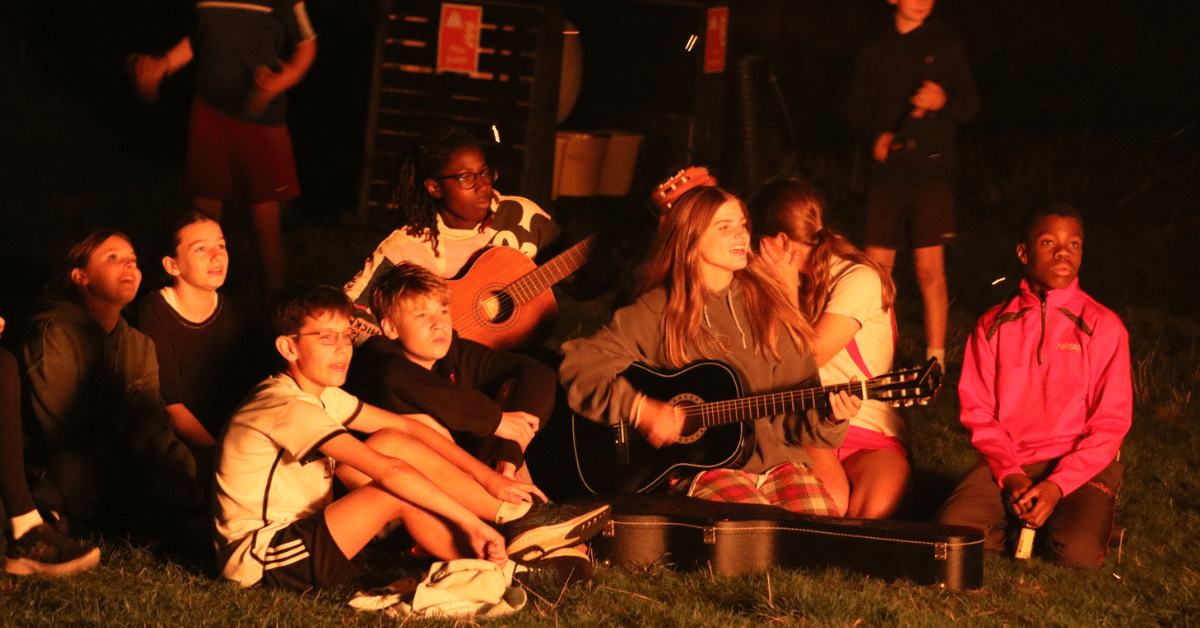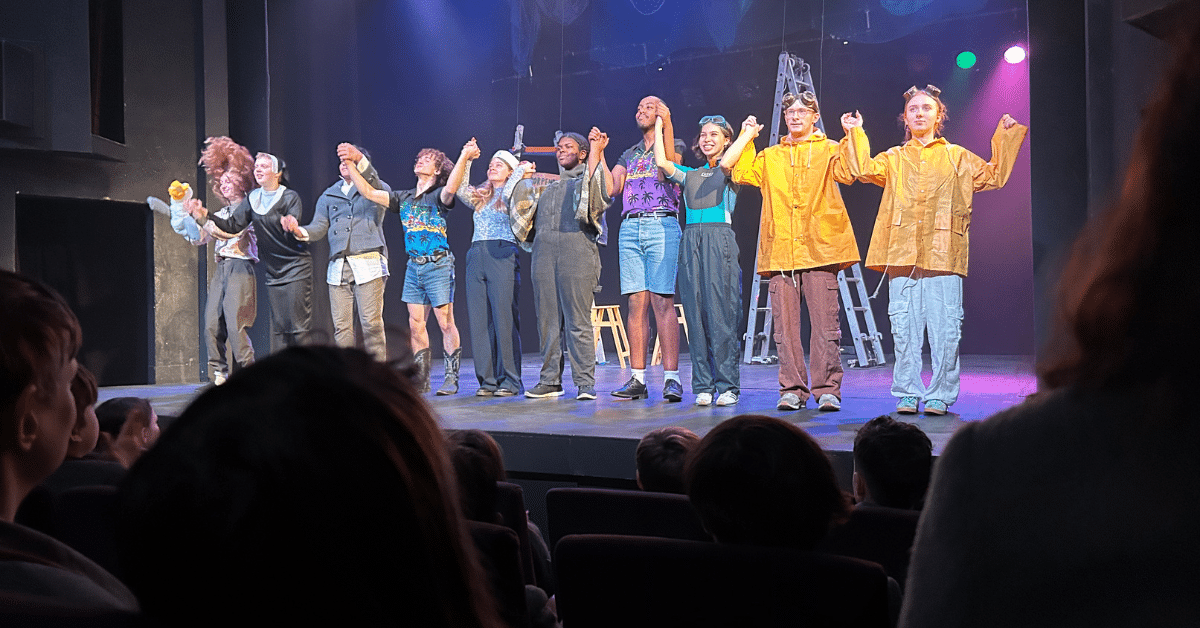 https://heritagewebsite.s3.eu-west-2.amazonaws.com/Comedy-of-Errors-2026-Featured-Image-1200-x-628-px.png
628
1200
admin
https://heritagewebsite.s3.eu-west-2.amazonaws.com/heritage-school-logo1-1.png
admin2026-01-27 13:13:582026-01-27 13:17:52Heritage Pupils Experience Shakespeare Live at the ADC Theatre
https://heritagewebsite.s3.eu-west-2.amazonaws.com/Comedy-of-Errors-2026-Featured-Image-1200-x-628-px.png
628
1200
admin
https://heritagewebsite.s3.eu-west-2.amazonaws.com/heritage-school-logo1-1.png
admin2026-01-27 13:13:582026-01-27 13:17:52Heritage Pupils Experience Shakespeare Live at the ADC TheatreIf you are setting out on a journey
it helps to know where you are going.
Our Vision
“I believe that the first article of a valid educational creed – children are born persons – is of a revolutionary character; for what is a revolution but a complete reversal of attitude?” – Charlotte Mason
A child is not a bucket to be filled, a lump of clay to be moulded, or a machine to be calibrated. Rather, every child is a person – equal in dignity and value to any other.
This profound idea raises important questions about the purpose of education. First, we need a working conception of what it means to be human in its various facets. Then we can consider the goal of human development. What kind of growth are we seeking to nurture, in what areas, and toward what end? Ultimately, education needs a destination. If you are setting out on a journey, it helps to know where you are going!
At Heritage, our understanding of the human person and of healthy human development is anchored in the Christian tradition.
We therefore reject the reductionism that is widespread today. Far too often the stated goal of education is good exam results, as if that were a sufficient end in itself. Good exam results are important in our system, but we keep our eye on a more distant horizon – what kind of people are our pupils becoming? What kind of life are they being prepared to live? We work to maintain a culture that values learning for its own sake. Why? Because learning helps us grow as people. We do not let the demands of our exam system obscure this central purpose of education.
Healthy growth includes robust intellectual development. This involves much more than being able to manipulate information. As a child’s mind is properly fed by a rich and stimulating curriculum, we aim to tap into, and awaken, deeper human affinities.
The curriculum should inspire, and even evoke, at points, a sense of wonder. Too often today, we doubt the power of substantial content to satisfy a child’s mind, as if learning were a bitter pill that needs a sugar coating. Not so. As new experiences and fields of knowledge are encountered we expect that those encounters will be satisfying and growth-inducing – and they are.
Healthy growth also includes maturation in one’s ability to form and sustain good relationships. The structure and size of Heritage School is intentional. Our small class sizes, and our relatively small size overall, mean every individual is noticed. Every individual matters. At Heritage, we work hard to encourage good relationships throughout the school.This is an end in itself, intrinsic to the health of any community. It is also essential if pupils are to have the emotional stability necessary to realise their intellectual potential.
Healthy growth also includes helping children develop their powers of self-management, or self-discipline. We emphasise the formation of good habits. Recent findings in neuroscience confirm that neural pathways are strengthened by repeated thoughts and actions, establishing a tendency to respond the same way the next time; we are habit forming creatures. Where we as parents and teachers can help pupils form good habits, we do them an important service.
At Heritage, we use typical strategies to reinforce good habits of behaviour in our classrooms. Visitors have often commented on how relatively happy and quiet the school is. We emphasise other habits as well, such as neat work and politeness. We place perhaps the highest priority upon the habit of attention, or concentration, an especially important skill in this age of digital distractions, and the single most important skill a learner can possess. It is only with sustained attention that a person can weave new information into deeper schemas of understanding; it is only out of deeper schemas of understanding that real creativity arises.
Finally, where there is healthy growth, we expect to see this evidenced in a child’s attitudes. This includes a child’s attitude toward failure and his or her ability to persevere. We are particularly concerned to nurture a positive attitude to learning, so that our pupils will continue as life-long learners. Children enter school full of curiosity and wonder; far too many emerge apathetic. A concern for attitudes also touches the deeper values and beliefs a child internalises and by which he or she begins to order his or her life. It is possible to be well educated but lack virtue or moral courage. The culture at Heritage School is informed by Christian ideals, but always respectful of the fact that pupils must form their own considered perspectives.
Our goal is to serve our pupils as whole people. Our vision is of pupils leaving Heritage motivated to live well, confident in themselves, skilfully and creatively engaged with ideas, with others, and with the world around them. We want them to enjoy healthy relationships and have a rich inner life. We hope they will prove willing to live in the service of others. Such persons will be well prepared to face the challenges of life and the 21st workplace, and to be active contributors to society.
Note: Our approach has been particularly inspired by the writings of Charlotte Mason (1842-1923), a British educational reformer who founded the Parents National Education Union (PNEU).
Our Vision from Heritage School on Vimeo.
Latest News
 https://heritagewebsite.s3.eu-west-2.amazonaws.com/Comedy-of-Errors-2026-Featured-Image-1200-x-628-px.png
628
1200
admin
https://heritagewebsite.s3.eu-west-2.amazonaws.com/heritage-school-logo1-1.png
admin2026-01-27 13:13:582026-01-27 13:17:52Heritage Pupils Experience Shakespeare Live at the ADC Theatre
https://heritagewebsite.s3.eu-west-2.amazonaws.com/Comedy-of-Errors-2026-Featured-Image-1200-x-628-px.png
628
1200
admin
https://heritagewebsite.s3.eu-west-2.amazonaws.com/heritage-school-logo1-1.png
admin2026-01-27 13:13:582026-01-27 13:17:52Heritage Pupils Experience Shakespeare Live at the ADC Theatre
Heritage School Flags Reach Bird Island with the British Antarctic Survey
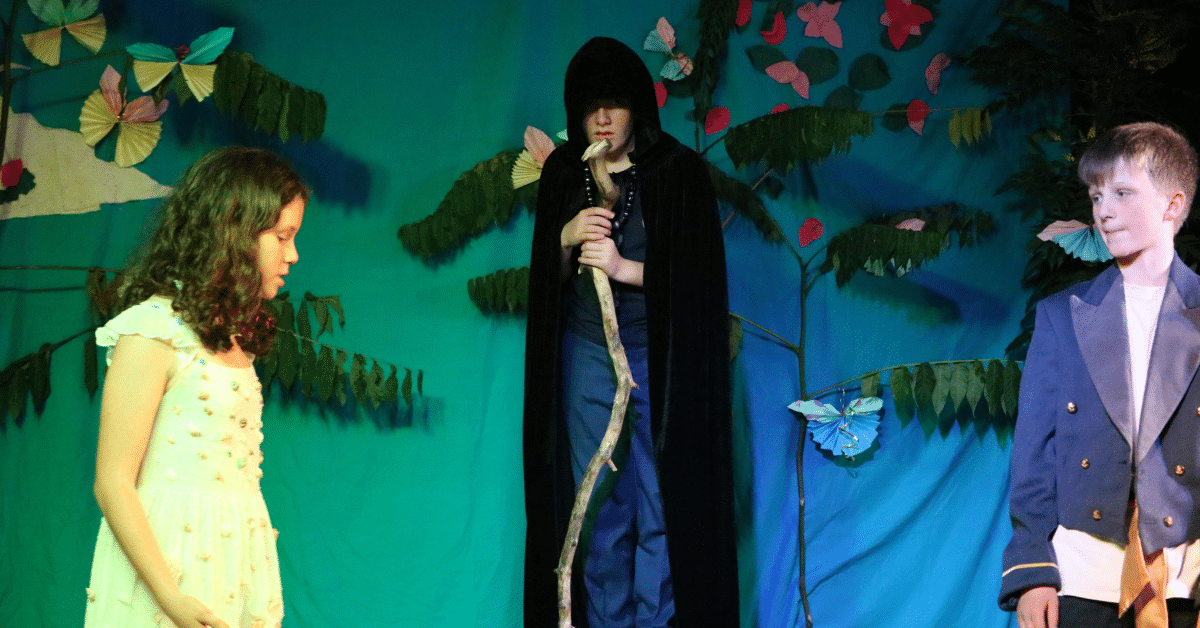
Year 8 Perform Shakespeare’s The Tempest

Heritage Cross Country Teams Compete in English Schools Cup

Heritage Team Prize Winners in a National Fungi Competition

Year 4 Class Assembly: The Gratitude Garden
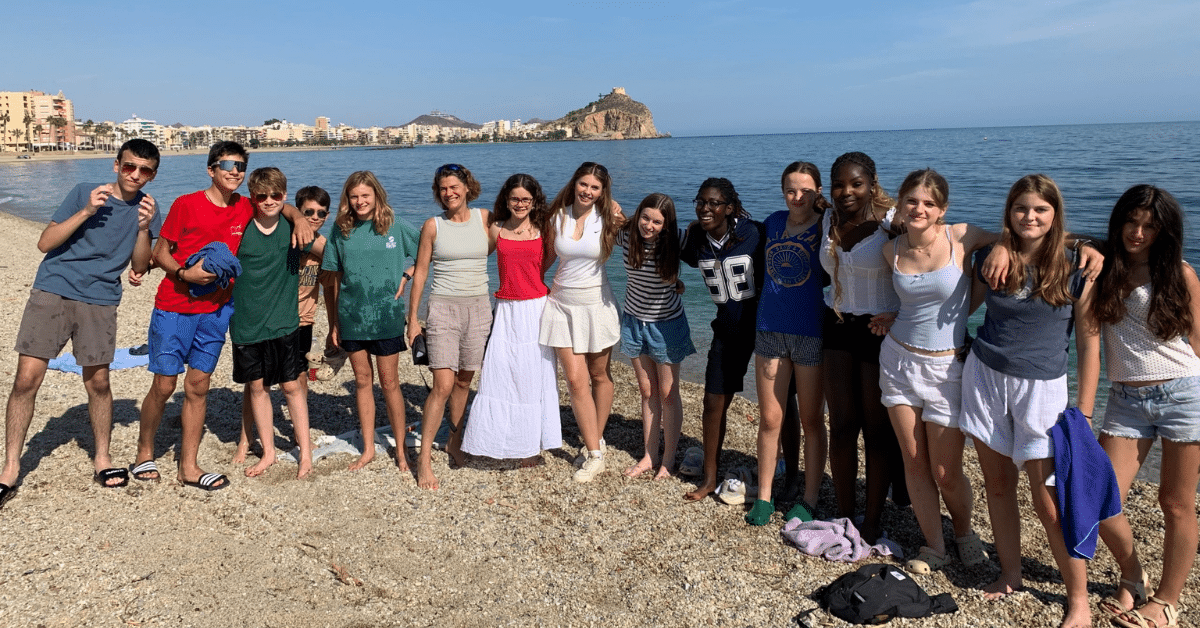
Spanish Trip 2025
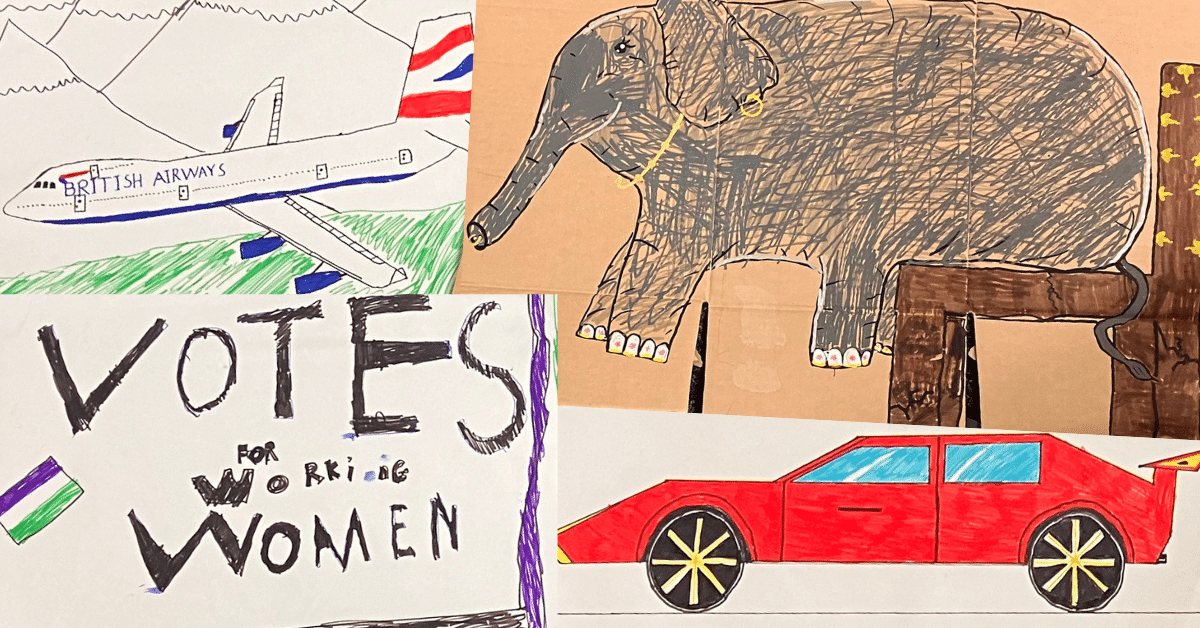
Year 6 Class Assembly: Time Travelling to 1851
